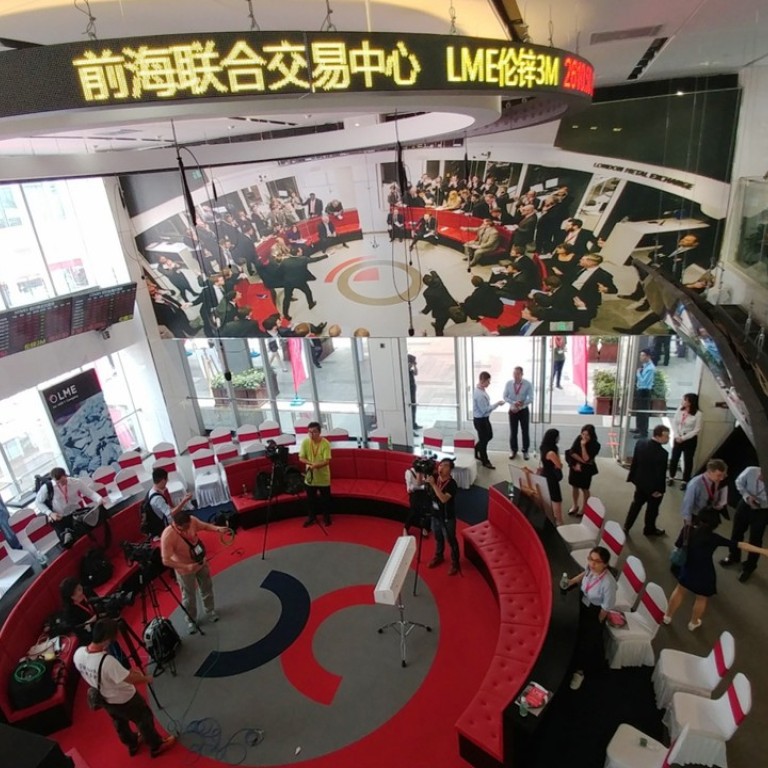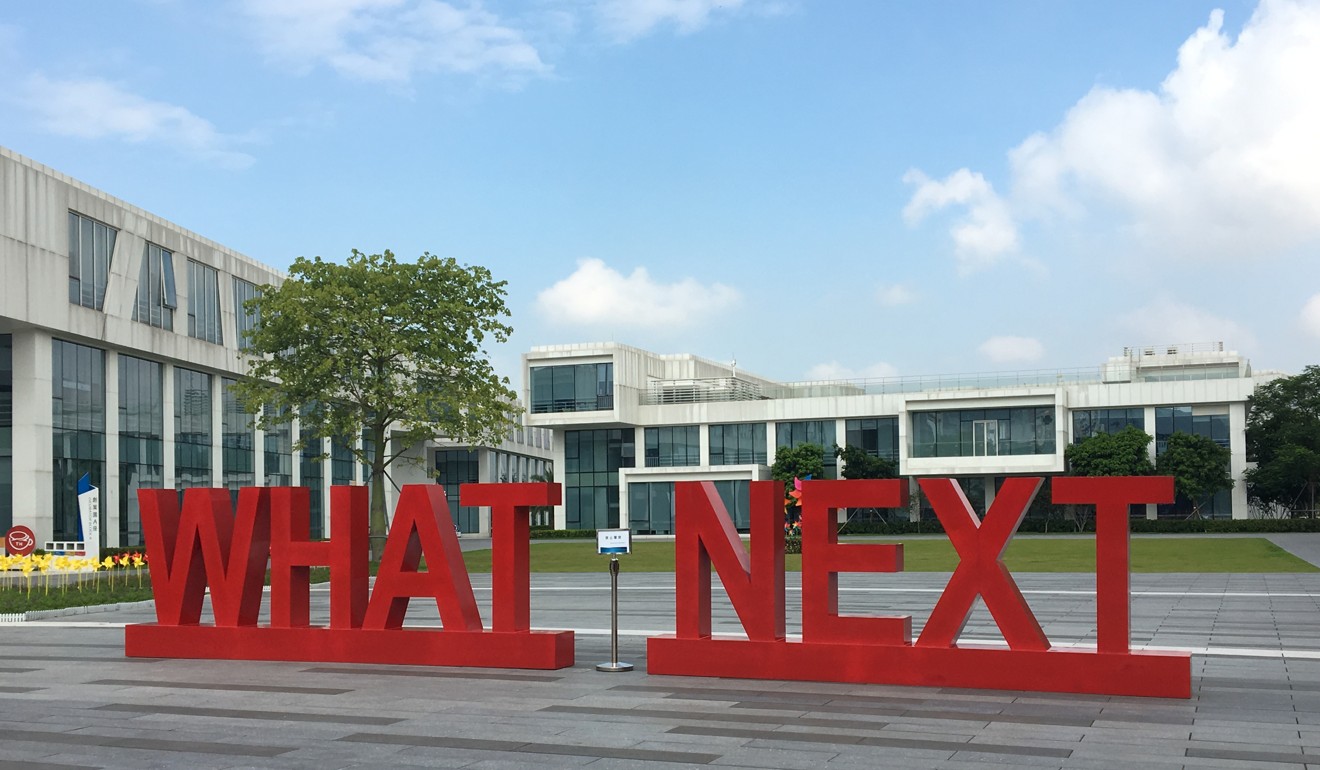
Hong Kong’s smaller businesses and professionals struggle to gain foothold in Qianhai district
Hong Kong’s small and medium sized enterprises and professionals are struggling to gain a foothold in Qianhai New District, although larger sized financial firms have already made significant headway in the area, according to Regina Ip, co-chair of the Maritime Silk Road Society.
“Many Hong Kong small and medium sized companies still find it hard to develop in Qianhai to enjoy the benefit of the special economic zone,” Ip said at a seminar on the opportunities provided by Qianhai and New Silk Road projects. “In addition, many professionals also find it hard to get mainland approval for them to operate in Qianhai.”
She added that HSBC, Hang Seng Bank and retailers New World and Chow Tai Fook have already established operations in Qianhai, a 15 square kilometre zone scheduled to open in 2020.
The district, located next to Shenzhen and only one hour by car from Hong Kong, focuses on financial services, logistics, technology and start-ups. Operating under a special economic zone status, it offers lower tax rates and flexible regulations to attract companies.
However, Hong Kong accountants and lawyers are currently are not permitted to set up their own firms in Qianhai owing to tight qualification requirements.

Ip said she wanted to see a relaxation on certain restrictions to help SMEs and professionals set up in the economic zone.
Witman Hung, Principal Liaison Officer for Hong Kong, Shenzhen Qianhai Authority, told attendants at the forum that capital requirements have been lowered to make it easier for companies.
The authority scrapped a HK$5 million capital requirement in 2014, he said.
“Many SMEs may not know about the change in the requirements. They can now set up in Qianhai with a low amount of capital,” Hung said.
Hung said the authority would work with Hong Kong’s business sector on how to further reduce barriers for SMEs to develop in Qianhai.
Currently more than 4,564 Hong Kong companies have registered in Qianhai, including many leading companies.
For instance, the Chinese Gold and Silver Exchange Society, set up a platform in Qianhai last year, which is designed to enable 60 gold traders to operate on site.
The Hong Kong Exchanges and Clearing (HKEX) in May received approval to set up a commodities platform in the special economic zone. However, trading has yet to get underway as the board is still awaiting regulatory approval from Beijing.
Ip said Qianhai would be a good base for Hong Kong’s young entrepreneurs.
“Hong Kong is not a good location for start-ups due to high rent and wages. Qianhai can offer more affordable rent and talent for start ups,” she said.
Wang Yanxia, deputy director general of Shenzhen Qianhai Authority, who also spoke at the seminar Thursday, said Hong Kong and Qianhai are both significant ports that will play important roles in the New Silk Road scheme, an infrastructure and trade plan linking 65 countries from Asia to Europe and the Middle East.
“Qianhai has agreements with 35 ports that lie on the Belt and Road countries. Hong Kong is also an important port and is an important international financial centre. Hong Kong and Qianhai could work together in these Belt and Road projects,” Wang said.

